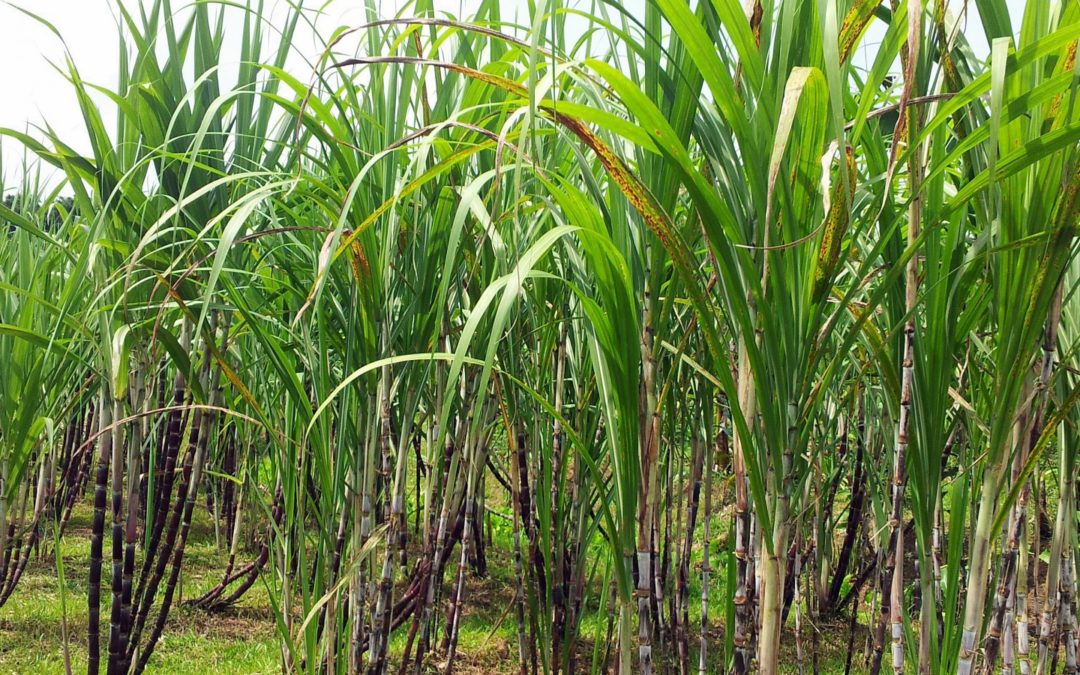Why Walking Stick Sugar Processing Chemicals Are Important for Modern Sugar Refining
The duty of cane sugar handling chemicals in modern-day sugar refining can not be overstated, as they are important to improving both the effectiveness of extraction and the overall high quality of the final item. Representatives such as phosphoric acid and certain flocculants are used to eliminate impurities, resulting in sugar that not only satisfies customer expectations however additionally adheres to market standards.
Role of Handling Chemicals
The efficiency of cane sugar handling pivots significantly on the tactical application of handling chemicals. These chemicals play an essential role in improving the effectiveness and quality of sugar extraction and refining. From the preliminary stages of juice extraction to the final purification actions, handling chemicals promote numerous crucial operations.
In the removal stage, chemicals such as phosphoric acid and calcium hydroxide are utilized to enhance the clarification procedure, aiding to remove contaminations and suspended solids from the walking stick juice. This not only boosts the return yet additionally guarantees the quality of the end product. Additionally, representatives like flocculants aid in the rapid settling of impurities, therefore improving the overall process.
Activated carbon and ion exchange materials offer to remove shade and smell, making sure that the refined sugar meets consumer high quality criteria. Hence, the careful option and application of these chemicals are important for attaining optimum end results in walking cane sugar processing.
Trick Sorts Of Chemicals
Walking stick sugar handling relies upon a selection of vital chemicals that assist in each stage of production. These chemicals play essential roles in clearing up, bleaching, and detoxifying the sugar extracted from walking stick.
One key group of chemicals consists of flocculants, such as polyacrylamide, which aid in the clarification process by promoting the gathering and settling of contaminations. Additionally, calcium hydroxide is usually used to reduce the effects of level of acidity and aid in the elimination of non-sugar components.
Bleaching agents, such as turned on carbon and sulfur dioxide, are made use of to decolorize the syrup, leading to a more clear final product. These chemicals aid eliminate color compounds that might influence the sugar's look and bankability.
Furthermore, phosphoric acid functions as a pH regulator during the handling phases, guaranteeing optimal problems for the chemical tasks involved in sugar removal and purification.
Other vital representatives include edta (ethylenediaminetetraacetic acid), which chelates steel ions that can catalyze unfavorable responses, and sodium hydroxide, which assists in pH control throughout the refining procedure. Collectively, these chemicals improve efficiency and ensure a top quality walking cane sugar product.
Benefits for Sugar Top Quality
Typically neglected, making use of specific processing chemicals dramatically enhances the total top quality of cane sugar. These chemicals play a pivotal duty in refining processes, making sure that the end product meets rigorous market criteria for pureness and preference.
Furthermore, refining chemicals help in achieving a consistent granulation and appearance, which are essential for consumer approval. By regulating the formation procedure, these chemicals guarantee that the sugar crystals form evenly, bring about an extra appealing item that liquifies well in different applications.
Additionally, the use of these chemicals can enhance the service life of cane sugar by reducing moisture absorption and microbial development. On the whole, the strategic application of handling chemicals is crucial for supplying high-grade cane sugar that fulfills customer expectations and sector demands.
Environmental Influence Factors To Consider

Furthermore, the energy-intensive nature of sugar refining, compounded by chemical use, frequently leads to increased carbon exhausts. This adds to climate change and raises issues concerning the sustainability of present refining methods. Additionally, the sourcing of useful content these chemicals might entail techniques that intimidate biodiversity, such as monoculture farming, which lowers the strength of agricultural ecosystems.

To alleviate these impacts, sugar refiners are significantly checking out sustainable alternatives and adopting ideal techniques that decrease chemical use. Implementing strenuous ecological management systems can help make certain that the refining procedure aligns with ecological standards and promotes biodiversity. Ultimately, a well balanced approach that focuses on both sugar quality and ecological stewardship is crucial for the lasting feasibility of the sugar sector.
Future Patterns in Refining
As the sugar industry faces the environmental obstacles connected with conventional refining methods, cutting-edge methods are arising to enhance both efficiency and sustainability. One substantial trend is the fostering of green chemistry principles, which prioritize using safe, eco-friendly processing chemicals. This shift not only decreases ecological influence however additionally addresses customer demand for cleaner manufacturing methods.
An additional encouraging advancement is the execution of sophisticated purification innovations, such as membrane layer splitting up and adsorption processes. These strategies enhance the quality and high quality of the sugar while decreasing the quantity of wastewater generated during refining. Furthermore, the combination of electronic technologies, consisting of IoT and AI, is transforming operational effectiveness by making it possible for real-time tracking and anticipating maintenance, hence minimizing resource waste.
Additionally, the usage of by-products from sugar refining, such as bagasse and molasses, is obtaining grip. These materials can be converted right into biofuels or value-added items, adding to a round economic situation within the sector. Jointly, these fads signal a change in the direction of even more sustainable practices that not just boost operational efficiency yet basics likewise line up with worldwide sustainability goals, making certain the future viability of sugar refining.
Final Thought
Walking cane sugar handling chemicals are essential in modern sugar refining, substantially enhancing the effectiveness and top quality of sugar removal. The critical use of these chemicals not only boosts the pureness and taste of the end product however also makes certain regular formation and appearance. As the market progressively focuses on sustainability, the adoption of environmentally-friendly processing representatives is likely to shape future fads in refining, ultimately leading to better items and prolonged shelf life for consumers.

Ultimately, a balanced approach that prioritizes more helpful hints both sugar top quality and environmental stewardship is essential for the long-lasting practicality of the sugar market.
Cane sugar processing chemicals are necessary in modern sugar refining, substantially boosting the efficiency and high quality of sugar removal.